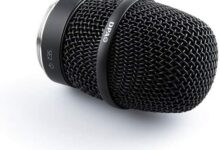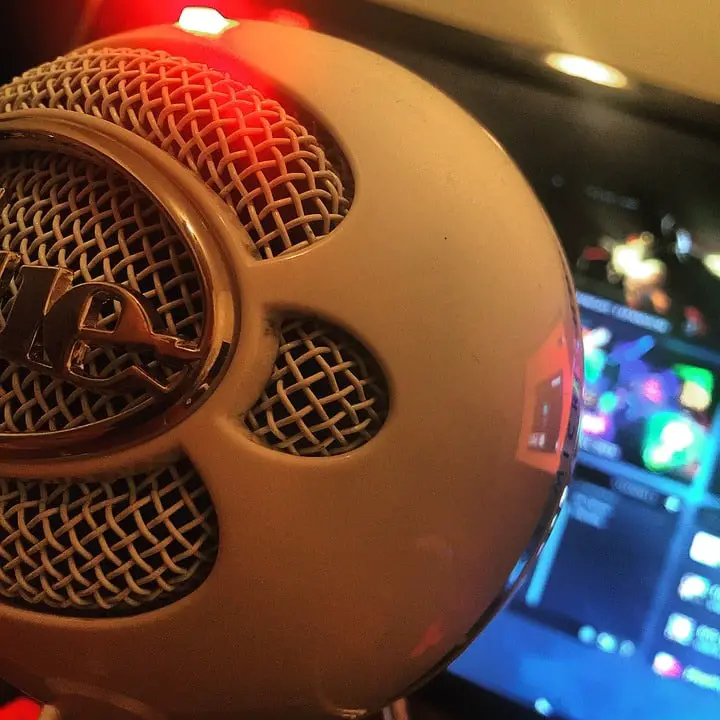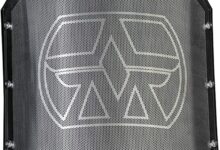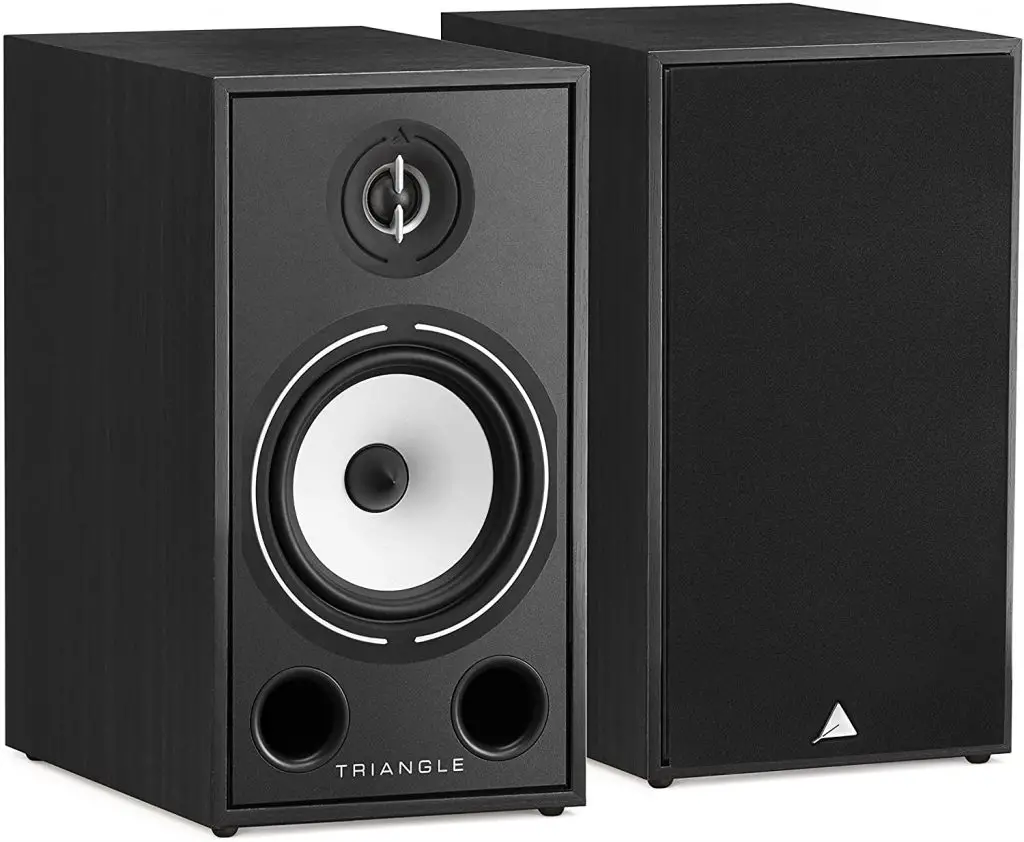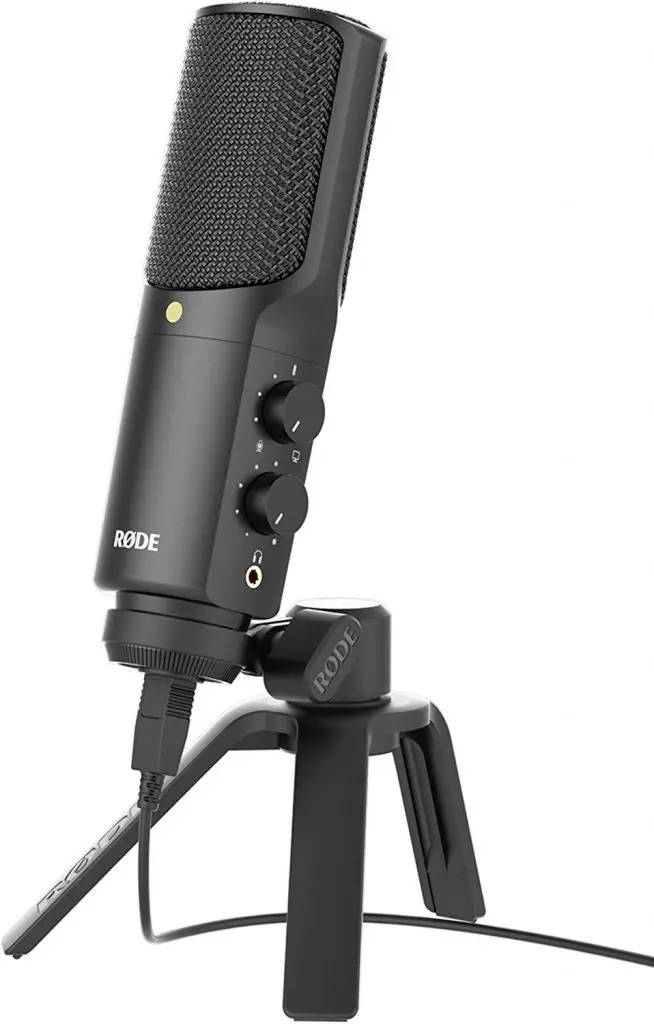Just as their names differ, they differ in functionality too. Regardless, there are few aspects where microphones are similar to home speakers.
Well, this is not to get you confused, this article explains the similarities and differences in microphones and speakers.
Firstly, mics are input devices because they help to record audio into the system or device they’re connected to.
In contrast, speakers are audio output devices that playback the sound coming from the devices or systems they’re connected to. So, in literal terms, speakers are sound output devices and microphones are sound input devices.
Microphones convert sound waves to electrical signals, a speaker picks up the electrical signals and converts them to sound waves.
Table of Contents
What is a Microphone?
A microphone is a transducer device that converts sound energy into electrical energy. Practically, mobile phones, computers, cameras, and some headsets come with built-in microphones to record sound waves.
Notwithstanding, there are different types of microphones, and they come in handy on different occasions. See The Best Wireless Headphones Good For Gaming.
However, virtually all mics function similarly – they capture the sound waves you voice out and convert them into electrical signals to be processed by the host device and transmitted (played back) through a speaker.
What’s a Speaker?
In layman terms, a speaker is a device that “Speaks.” Well, that’s pun intended.
A speaker is a device that receives electrical signals and then covers them to acoustical sound waves that could be heard by anyone listening.
So to say, a speaker is also a transducer device. Now, you may want to ask, what is a transducer device?
Simply, a transducer device is any device capable of transforming energy from one form to another. A speaker is a transducer device because it converts electrical energy to sound energy (waves).
Well, you guessed right if you thought speakers are microphones are similar because they’re both transducers. But, that’s not the point here, let’s go into the main focus of today.
Differences In Microphones and Speakers
Okay, both mics and loudspeakers convert energy alternatively; a microphone gets the sound waves, turns the waves into electrical signals, the connected speaker receives the electrical signals and further converts them to sound waves, which is what you hear as playback.
The major difference between microphones and speakers is how they process signals; a speaker cannot directly process acoustic sound saves and a mic cannot process electrical signals.
More so, microphone signals are too weak, they need to be “amplified” to reach a standard line level before the connected device can pick them up and process them into electrical signals, which are passed on to the speakers.
Thence, you’d notice that microphone cables are always protected; this is to reduce electrical noise from other sources.
Furthermore, microphones work with frequencies, and they are highly sensitive to waves. Now, that’s pretty much already said about microphones, so we can talk about speakers.
On the other hand, speakers are designed to reproduce sound to fill an atmosphere; it could be a room, office, studio, or outdoor.
Speakers also work with frequencies, and some speakers do feature a built-in amplifier. Apparently, speakers handle more watts than microphones, and they come with more drivers too.
Can You Use Microphones Without Speakers?
This question has a straightforward answer, and it’s YES. Microphones can work without speakers, and speakers can work without microphones; it all depends on what you’re doing with the two.
For example, if you attached a mic to your camera device to record audio while videoing an event or activity, you don’t need a speaker at the instance.
The mic would record all the sounds and send them into your camera – syncing with the motion images you’re capturing.
However, after the recording, you’d need to play the video on a device that has a speaker connected to it so you could hear the sound/audio you recorded.
That said, basically, a mic can work perfectly without a speaker, but you need a speaker to know the quality of mic you’ve got when you finally play the sound/audio recorded with the mic.
In the same vein, speakers are standalone audio devices – some speakers are even “Powered,” which implies they come with a built-in amp and have everything they need to function alone.
For powered speakers, all you need to do is to plug in your audio source and you’re good to go.
However, before a speaker can play, there must be an audio source – probably a microphone (if you’re using a PA system).
Until a speaker can receive electrical signals from an audio source, you won’t hear anything sound from the speaker.
The point of this explanation is to clarify that speakers can actually work without microphones and mics can also work without speakers; it all depends on your setup.
More so, systems like computers come with built-in mic and speakers; you can simply record audio by speaking to your computer (when you open an app that activates the built-in mic on your PC).
Notwithstanding, you can connect an external mic to your PC for various reasons – just as you could also connect a PC speaker to enjoy more clearer, detailed sound from your PC.
Can A Speaker Serve As Microphone?
That’s a good question there; well, it depends on many factors, let’s take headphones and earphones for example.
Some earphones come with mic support; for such earphones, when you connect them to a PC (via the 3.5mm jack), you can use them to listen to sound from your PC, and use them to send sound into the PC (through the mic ads-in).
So, in such a scenario, you could see that a speaker device (earphone) is also serving as a mic device. Thus, certain speakers can act as microphones, but that’s if they integrate a “Mic” add-in just like the explanation we did above.
Well, most standard speakers are designed for multi-purpose, and so they integrate various functions and tools.
Best Home Speaker And Microphone
We have selected these speakers and microphone for your audio need
- Bose Home Speaker
- Sony SSCS5 3-Way 3-Driver Bookshelf Speaker
- Klipsch Cinema 600 5.1 Sound Bar Surround Sound System
- Harman Kardon 5.1 Channel Home Theater Speaker
- Electro-Voice RE20 Broadcast Announcer Microphone
- Blue Yeti USB Microphone
- Phenyx Pro Eight-Channel Cordless Mic
- Shure SM7B Vocal Microphone
- Shure MV7 XLR/USB Dynamic Podcasting Microphone
Summary:
Conclusively, the main difference between microphones and speakers is that the former is for sending audio into a device, while the latter is for playing back sounds from a device.
Mics and speakers are similar because they are both transducers.

